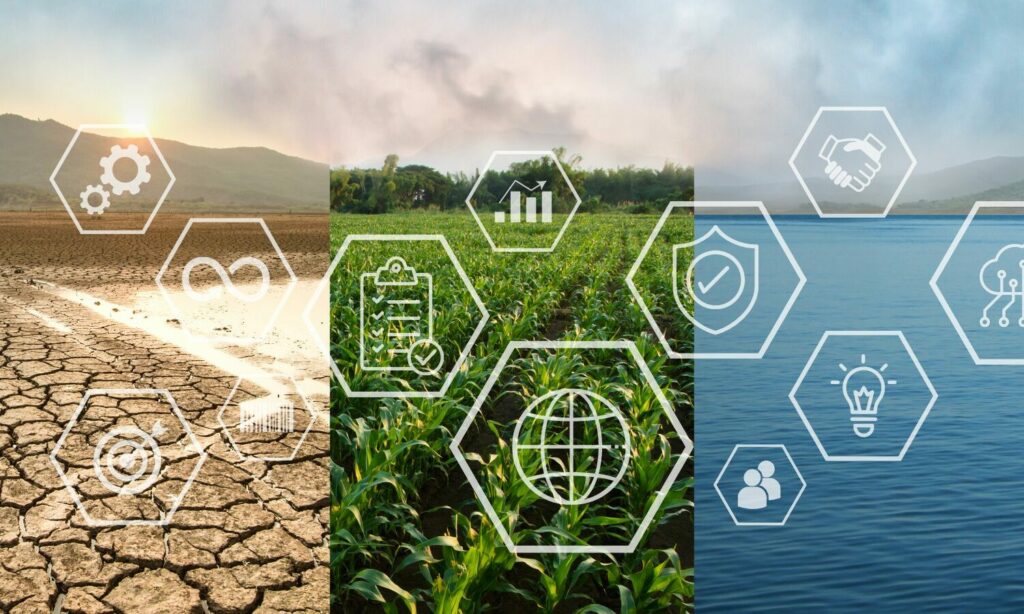Most international standards are regulation-ready and many are already used to support national climate and environmental policies. Through their transparent, multi-stakeholder and consensus-based development process, international standards can also support cross-sectoral dialogue between scientific experts, industry partners and policymakers. International standards are an important contribution to closing the implementation gap and moving from agreement to collective action.
Multilateralism is key to address the triple planetary crisis, but ambition and commitments at the global level can only be effective if they are translated into concrete action. International standards can support this process, as they can be used as tools to implement environmental policy frameworks. International standards can provide methodologies, definitions, and measurement criteria that lay down a common foundation for global action. They can give detailed and precise information to business, governments, civil society, municipalities and the public on how to translate a policy goal into action globally. Conformity assessment standards can then help build trust and increase confidence that these policy objectives are truly being met.
International standards can be a powerful tool to address the triple planetary crisis of climate change, biodiversity loss and pollution. Convened by ISO and the Geneva Environment Network, this hybrid event will explore the role of international standards in multilateral action to tackle biodiversity loss, reduce pollution, and mitigate and adapt to climate change. This event, organized by the International Organization for Standardization (ISO) and the Geneva Environment Network, aims to gather experts and stakeholders to explore how standards can support the implementation of environmental policy frameworks to tackle the triple planetary crisis.


